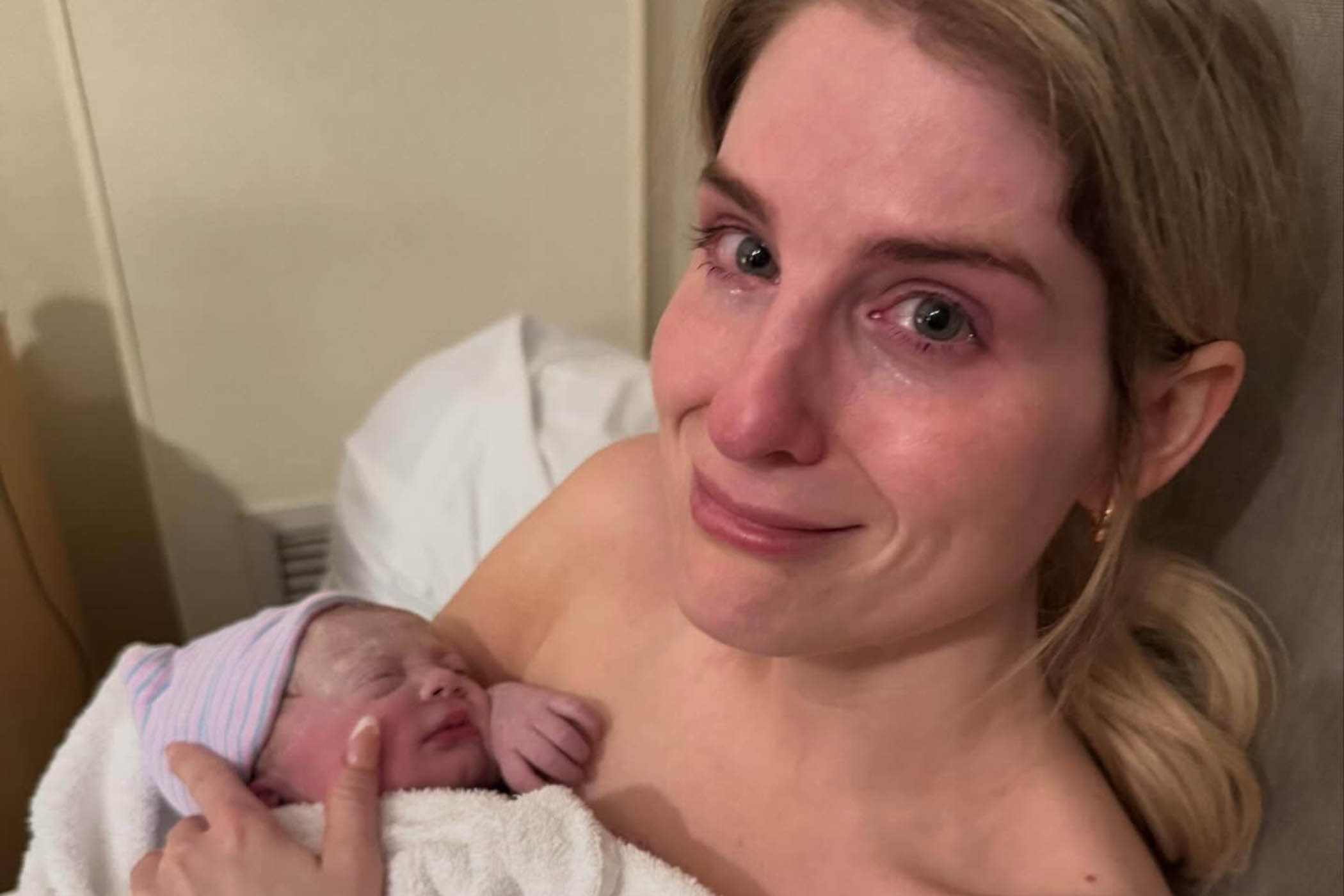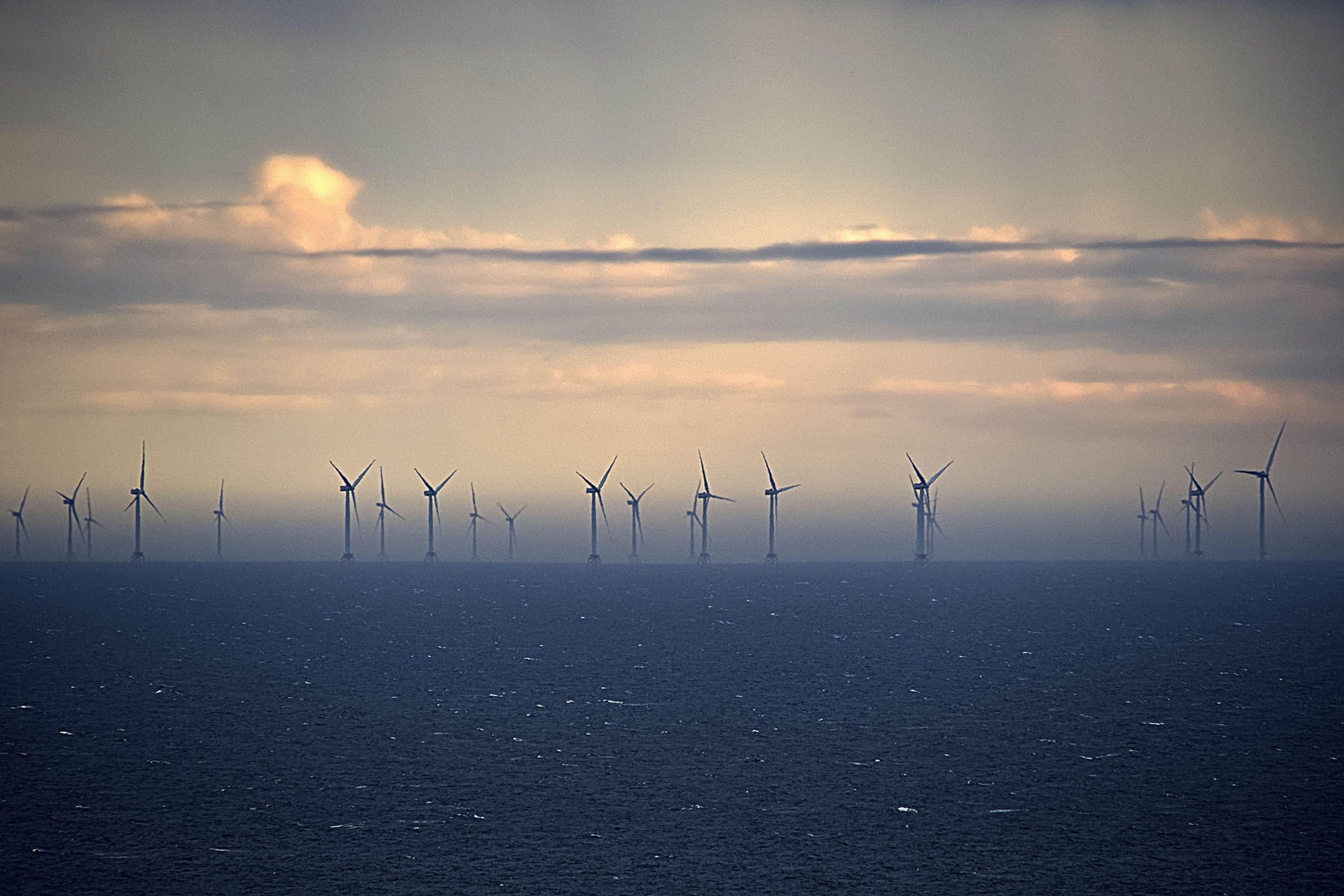Death has always been good business. Undertakers, morticians, gravediggers and medical examiners have a basic advantage:Demand is certain. Traditionally, funeral directors have been able to set their price. Haggling over the costs or shopping around for a better deal is often seen as taboo. Meanwhile, grief-stricken friends and relatives, often with no experience of organising funerals, make trusting customers.
But now funeral directors’ dominion is being challenged on several fronts. The most dramatic of these is the rise in direct cremations – considered “burn and return” by critics, and “fuss-free” to fans – a cheaper form of body disposal with no ceremony or attendees. Companies pick up the body, incinerate it on their schedule,and return the ashes later – families typically have no precise idea about when the cremation is happening. Just 3% of funerals were direct cremations in 2019; by 2023 this had soared to 20%.
In part this is merely the latest iteration of a long trend: elaborate mourning customs of the 19th century where hearses would be drawn by black-plumed horses have gradually given way to simpler ceremonies. Cremation has been on the rise for the past 150 years, not least because churchyards started to run out of space. The recent switch to unattended cremations was helped along by the pandemic, but has also been ushered in through advertising. Pure Cremation, founded in 2015 and by far the largest of these companies, has spent vast sums on glossy daytime TV ads, targeting the elderly, headlining its low prices and encouraging customers to “avoid the costs of a fancy funeral”. This has garnered criticism, particularly among funeral directors, to whom it is a growing threat.
“We are going to miss that whole element of closure, and I have a real concern it will lead to a mental health crisis,” says Darryl Smith, president of the National Association of Funeral Directors (NAFD). “Pure Cremation does a good job but is not very honest about the process: many people don’t know, for example, that it has one crematorium down in the south, so if you die in Edinburgh they send a van up for it, picking up other bodies on the way back down.” (On its website, Pure is clear that it operates a single crematorium, but says it offers a “private ambulance” for the deceased.)
Others worry about the elderly being pressured into a cheaper but less personal send off by greedy relatives. For thousands of years, funerals have brought people together to mourn. What is the cost of disposing of this? These unattended funerals may also be rather expensive for what they offer, according to James Daley of Fairer Finance, an independent consumer group. “Profit margins are enormous,” he says, “and there’s not a lot of competition.” Last year, the average cost of an unattended funeral was £1,597, cheaper than the equivalent figures for burial, £5,198, or attended cremations, £3,980, but rising faster than these other services with an increase of 6% on the previous year.
But others believe this trend is a result of a changing approach to death – and not necessarily a bad thing. “People are taking more control of funerals. They are changing up the order and doing their own rituals, such as scattering the ashes, perhaps later,” says Prof Kate Woodthorpe, director of the Centre for Death and Society. About 89% of those booking direct cremations say they also hold some sort of separate ceremony: a wake or a memorial. Meanwhile, a study of mourners by the University of Bath found no significant difference in the “grief experience” between those organising a traditional funeral and those who chose not to.
That leads us to the second way the funeral business is being disrupted: increased consumer expectations. “Baby boomers changed wedding traditions in the 1970s. Now that they are planning their parents’ funerals, they are changing those too,” says Woodthorpe. That generation, she says, is more confident and practiced at getting their way. “Twenty years ago, you’d be told ‘here is your slot for the funeral’. Now families are willing to push back and say it doesn’t suit us.”
They are keen to explore their options. Two decades ago, almost half of all deaths in England and Wales were followed by a funeral officiated by the Church of England. In 2019, that had fallen to 23%. Some people want humanist ceremonies, others a funeral that includes hymns but not a fully religious service.
Related articles:
“Natural” burials, which take place in a woodland or nature reserve, are increasingly popular too: there are some 270 sites in the UK run by a mix of local authorities, charities, and landowners. Funeral directors have also reported an increased demand for ceremonies held in unusual locations: including, for example, a betting shop, on a London bus, at an angling club and in a cricket pavilion. It is apt, that My Way by Frank Sinatra has overtaken Abide with Me as the most played funeral song.
All of this may have increased the average time between death and funeral, as non-religious officiants need to be found, requests fulfilled, and ceremonies fitted around family holidays and children’s exam schedules.
Newsletters
Choose the newsletters you want to receive
View more
For information about how The Observer protects your data, read our Privacy Policy
Smith, who as a funeral director in Rugby and Nuneaton looks after some 2,200 ceremonies a year, says that according to his records the average wait in 2013 used to be around 17 days. Now it is 33 days.
A third major shift is over the horizon: regulation. At present, you do not need qualifications to become a funeral director and, except for Scotland, there are no legal restrictions on how and where bodies should be stored.
“You or I could set one up and store the bodies in our shed,” says Daley. But two recent scandals may help to change that. In August, a BBC investigation found that a Leeds funeral director had been keeping dead babies in her living room, “watching cartoons” on the sofa, while pets were in the next room.
Earlier this month, an undertaker in Hull was charged with multiple counts of fraud, including claiming bodies had been cremated when they in fact remained on his premises, and handing the wrong ashes over to families. Industry bodies – including the NAFD and the National Society of Allied and Independent Funeral Directors – have long been campaigning for regulation, and hope these shocking discoveries speed things along. Minimum standards for funeral directors were introduced in Scotland just this spring.
Regulation is starting to move into the financial side too. The Competition and Markets Authority recently forced funeral firms to publish price lists, and set new rules for prepaid funerals, which it found were being used to rip off customers with pressurised selling tactics and hidden administration fees. Since July 2022, these payment plans have been regulated by the Financial Conduct Authority.
Many customers still don’t understand what they are buying in their package deals, says Daley. Decent comparison sites are yet to take off. And the cost of an average funeral has risen more than 30% in the past decade. Britons have long approached the death business as mysterious, unchangeable and inevitable: but they are starting to push back, refusing to go quite so gentle into that good night.
•
This article was amended on 21 November 2025 to correct the number of ceremonies overseen by funeral director Darryl Smith from 200,000 to 2,200.
Photography by Directphoto Collection/Alamy



